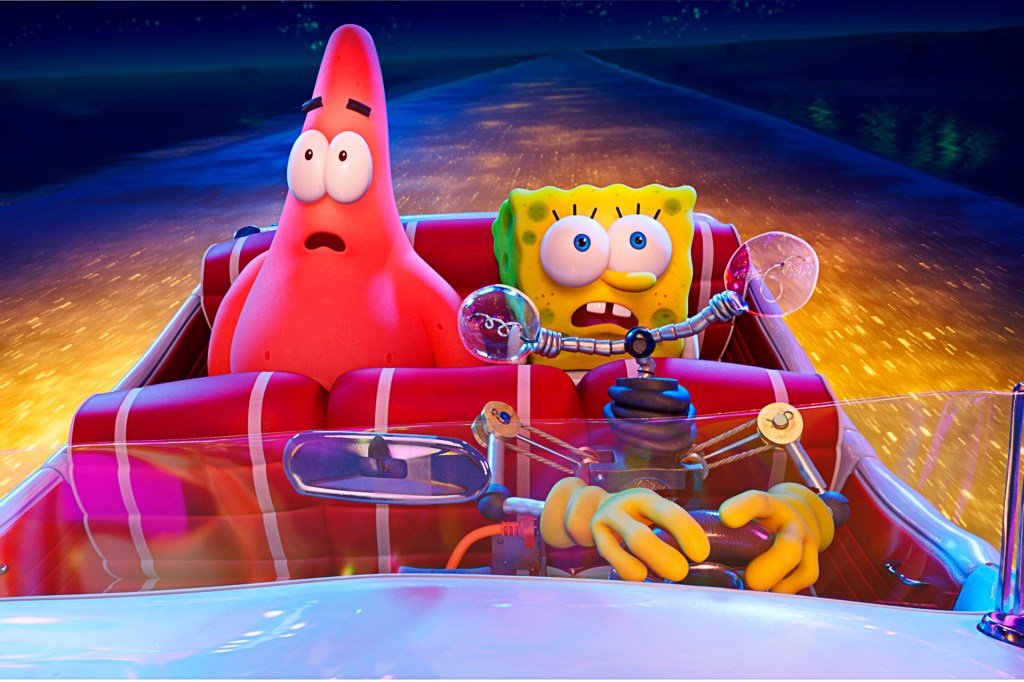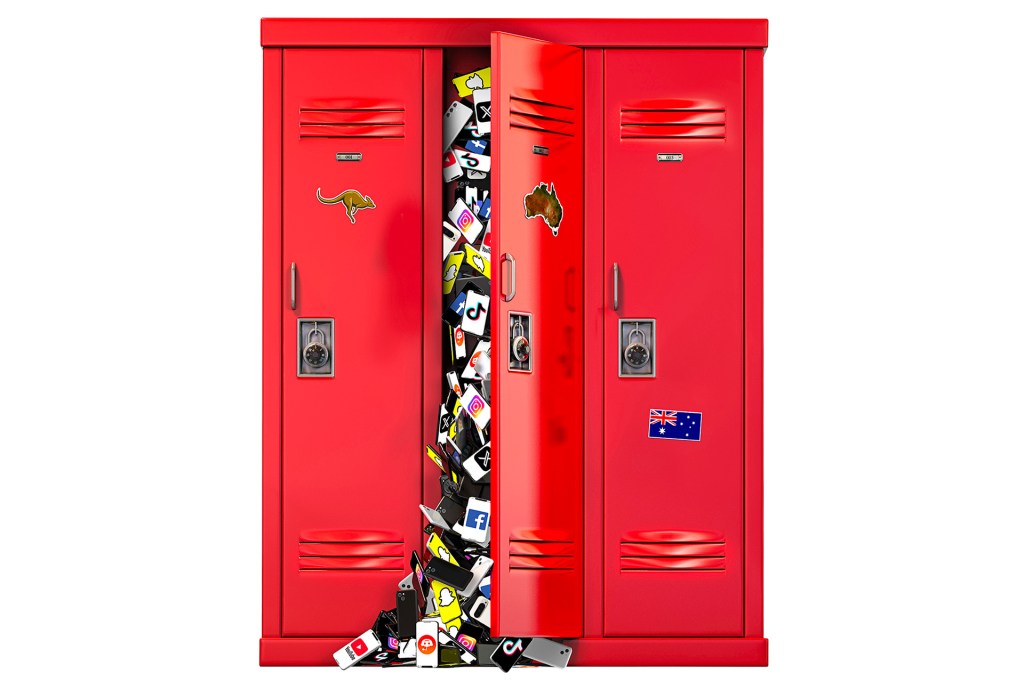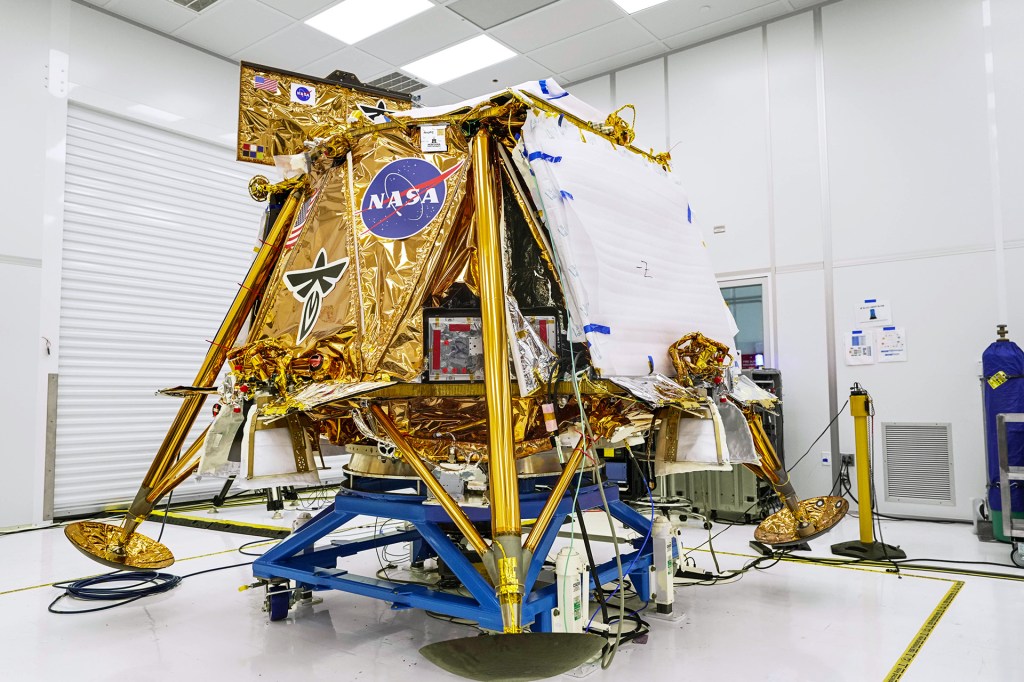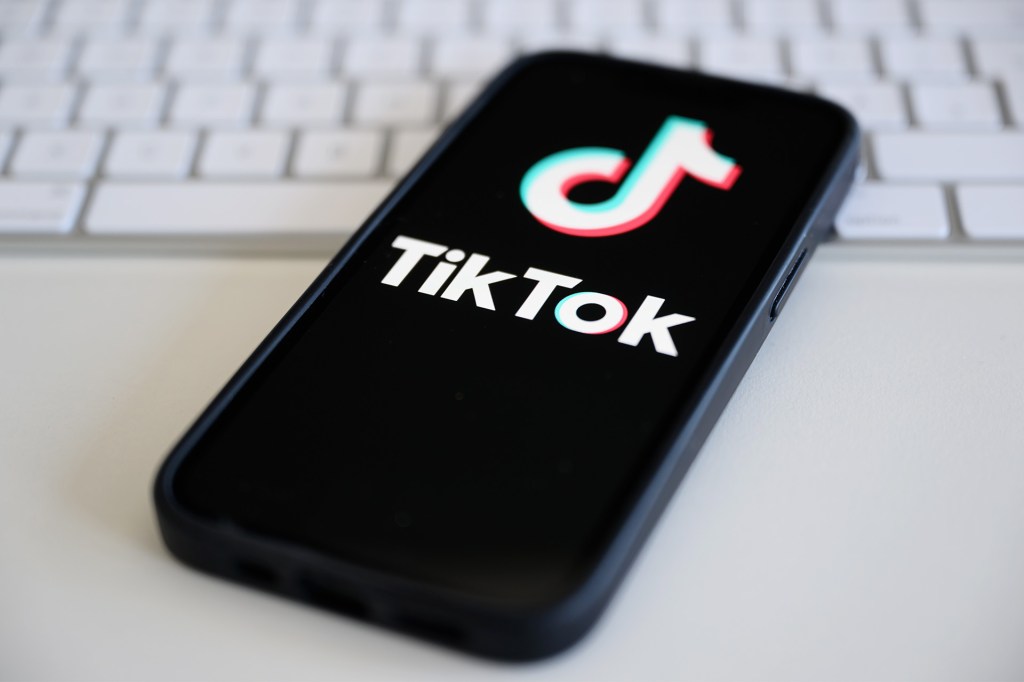Can't Stop the Sponge

The SpongeBob Movie: Sponge on the Run moved Mireille Soria to tears. “It was so beautiful and so wonderful and so rich,” she told TIME, describing what it was like to see the finished film for the first time.
You might not normally expect SpongeBob to make a grown-up cry. But Soria is the president of Paramount Animation. That’s the company that produced the film. There, nothing in recent months has been even close to normal.
Like people at many companies, Paramount Animation’s employees have been working from home since mid-March. They put together Sponge on the Run as the coronavirus pandemic tore through the country. For these producers, animators, and editors, seeing the completed film might understandably have moistened some eyeballs. “I’m so proud of that movie,” Soria says. “[It] has so much heart.”
New Way to Work
Paramount Animation’s staff was fortunate to be able to work remotely. But the process wasn’t all smooth sailing.
One big problem was finding a way to record the music for Sponge on the Run. Putting performers together was too risky. Instead, musicians recorded their parts in their own local studios. Then sound engineers put all the parts together. It’s a “really beautiful, rich score,” Soria says. “I don’t think you can tell the difference, from how it was done.”
For Soria, the challenges of the past few months have created unexpected opportunities. “Even though this is a terrible time in the world right now, there are things that we’re learning that we can take forward and find a new way or a better way to do,” she says.
In the world of animation, that means rethinking how movies get made. For example, do people really need to be together in the same location to make a great movie? “There’s [that] perception, because it’s the way it’s been done,” Soria says. “I don’t believe that is the only way to do it. And I don’t know that that is the right way to do it.”
“The rule is: There are no rules,” she adds. “If there is an artist who lives in New Zealand or in London or in Iowa, and has the right voice and connection to this material . . . and [he or she] can contribute to it—that, to me, is unbelievably valuable.”













